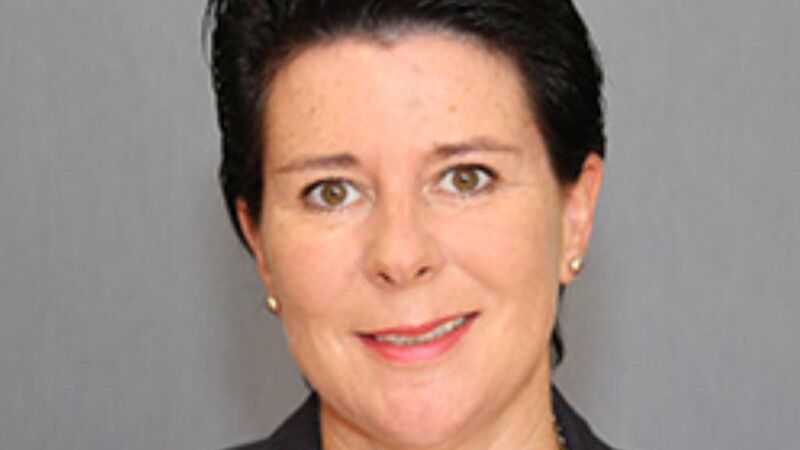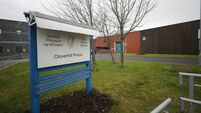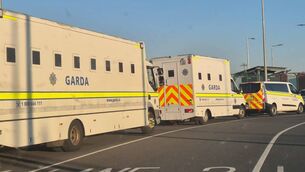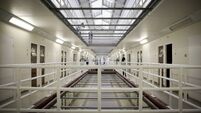Special advocate in mother and baby redress scheme to be paid more than some survivors

Patricia Carey secured the role of special advocate for survivors of Ireland’s institutions through the Public Appointments Service and took her new position on March 25, 2024.
A special advocate who was appointed by the government to represent the interests of survivors of Ireland’s institutions will receive a salary of up to €106,000 per year.
The salary for the role has been questioned by some advocates, who note that it is higher than compensation that will be paid to some of the survivors. Patricia Carey secured the role through the Public Appointments Service and took her new position on March 25, 2024.










